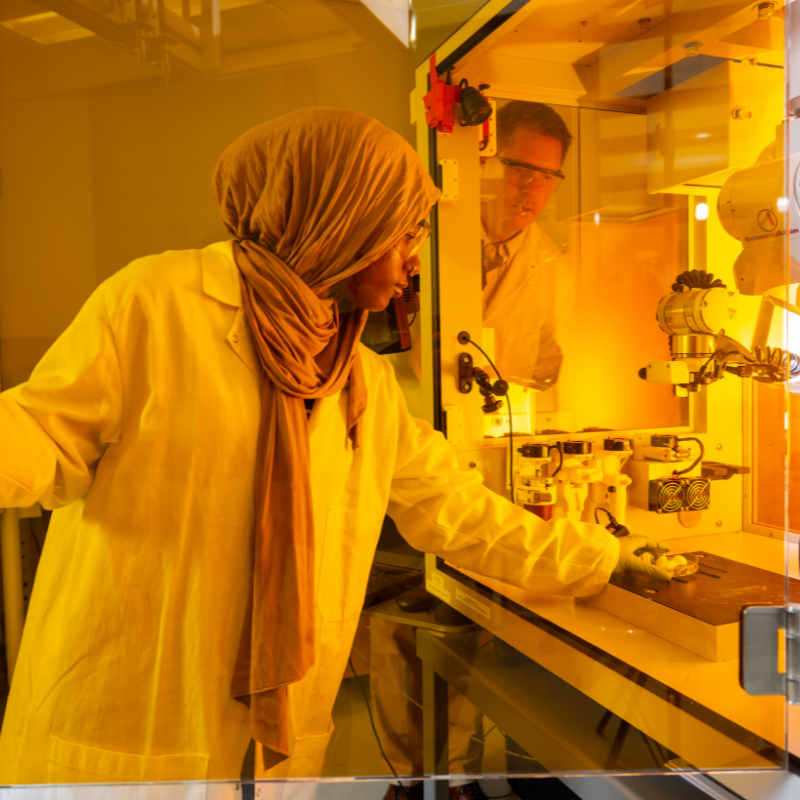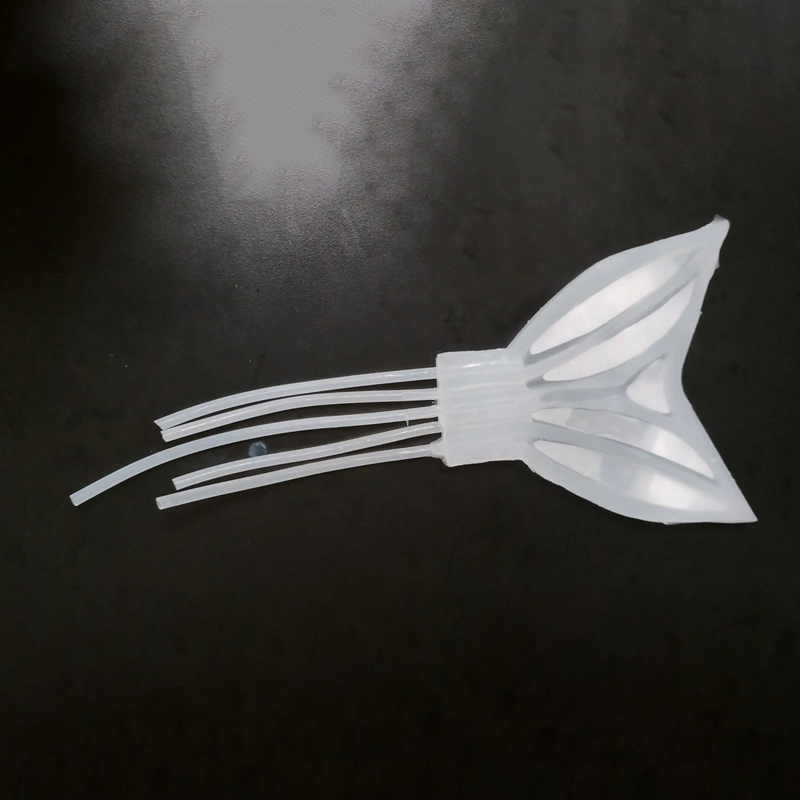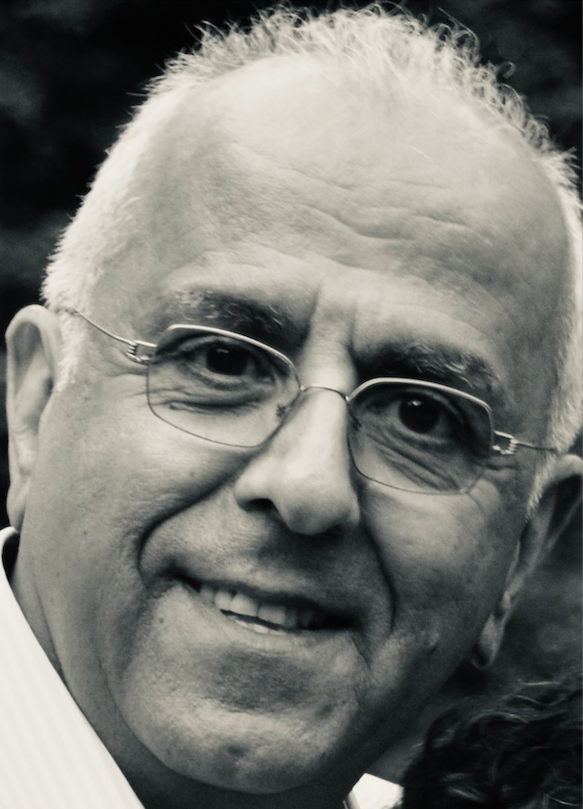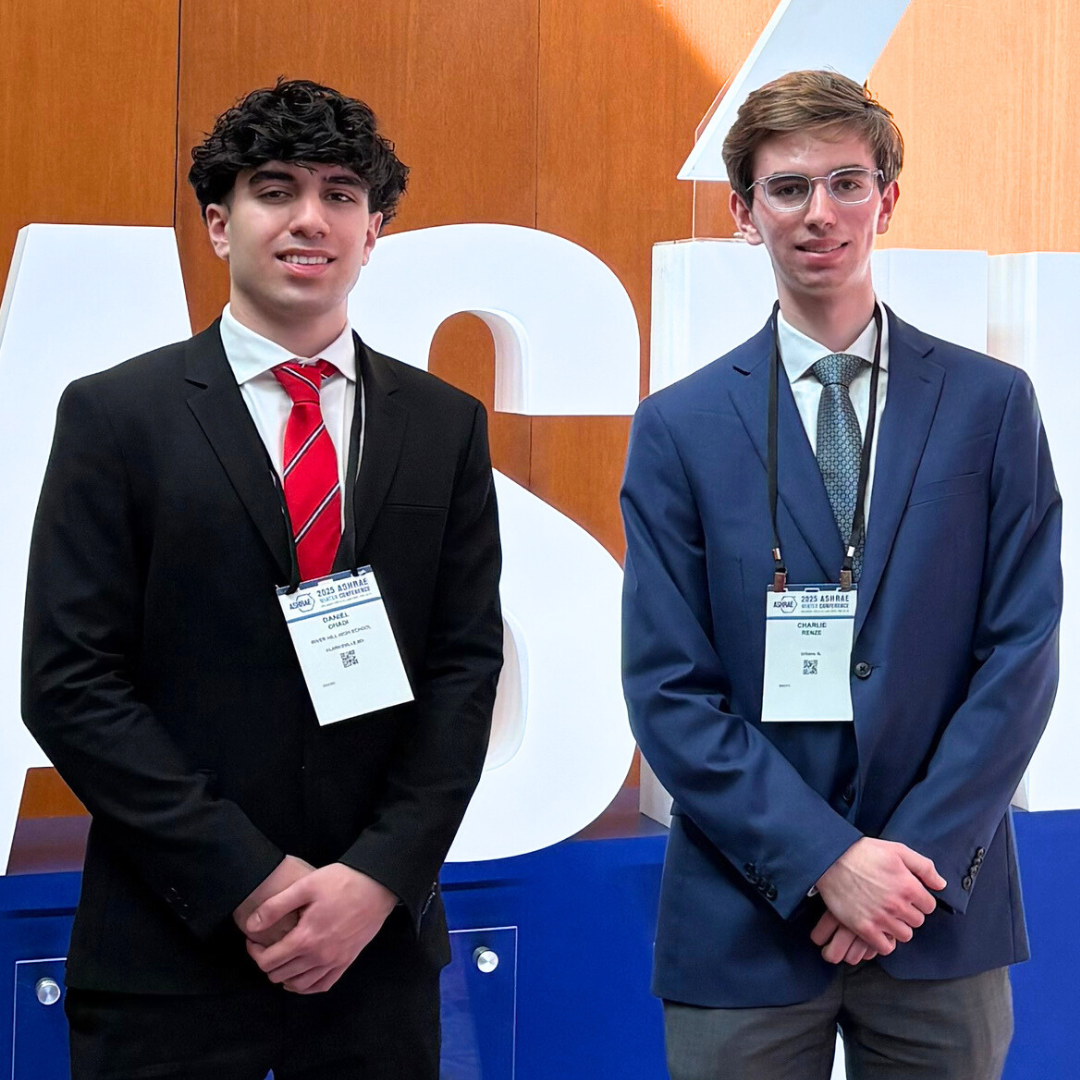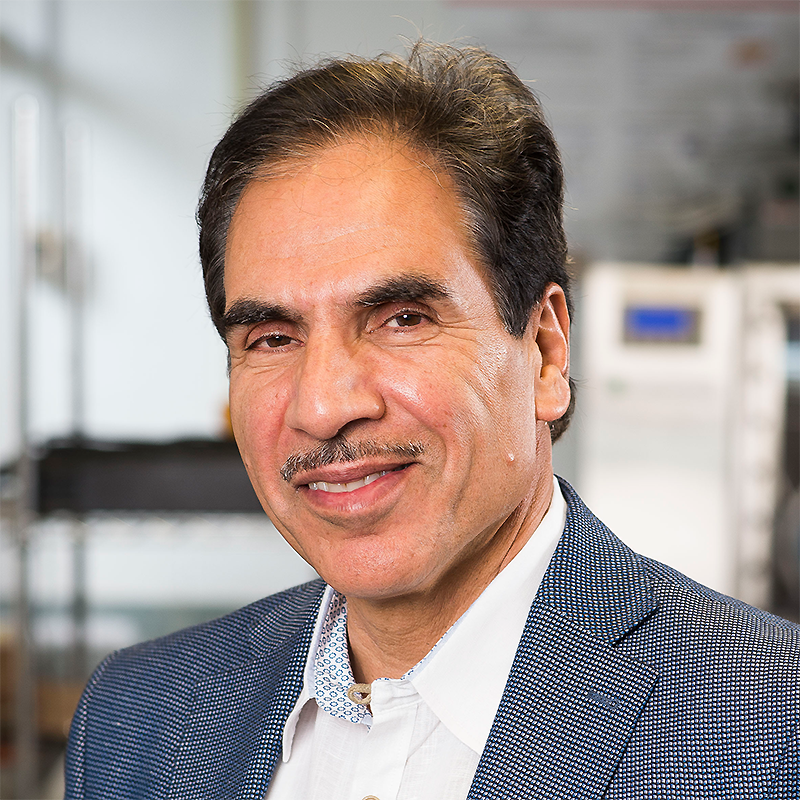News Story
'Life-Cycle Climate Performance Metrics and AC Carbon Footprint'
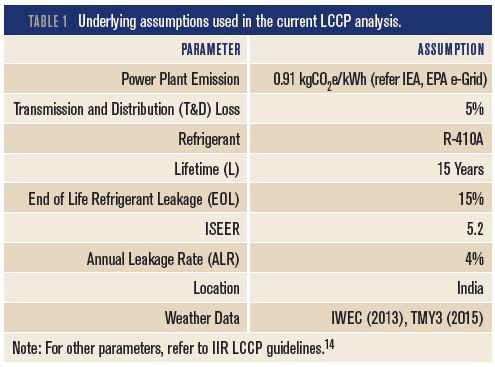
Two Center for Environmental Energy Engineering (CEEE) faculty members, along with co-writers from the American Society of Refrigeration, Heating, and Air-conditioning Engineers, have published new findings on climate performance and the carbon footprint of air-conditioning. Dr. Yunho Hwang, Research Professor and Associate Director, and Research Assistant Professor Jiazhen Ling, along with American Society of Heating Refrigeration, and Air-conditioning Engineers (ASHRAE) co-authors Stephen Andersen, and James Wolf, published 'Life-Cycle Climate Performance Metrics and AC Carbon Footprint' in the ASHRAE Journal. In the paper they explain that CFC and HCFC refrigerants are being phased out by The Montreal Protocol on Substances that Deplete the Ozone Layer. Today, 99% of emissive ozone-depleting substances (ODS) uses have been halted, with critical use exemptions for methyl bromide in quarantine and pre-shipment uses and continuing essential use exemp-tions for laboratory, analytical, and other minor uses. The team further describes how AC energy efficiency metrics can be used to predict actual field performance. As well, they identifying and make corrections to “Average” assumptions made in previous energy efficiency metrics. This, and other findings in the article lead to a greater understanding on how improvements in energy efficiency can lead to greater protections to our climate.
ASHRAE has made the paper available for free download.
The Center for Environmental Energy Engineering at the University of Maryland is a leader in research and education in environmentally responsible, economically feasible integrated energy conversion systems for buildings and transportation. Research focuses in particular on air-conditioning, refrigeration and heat pumping and integrated cooling heating and power systems.
Published December 3, 2018
